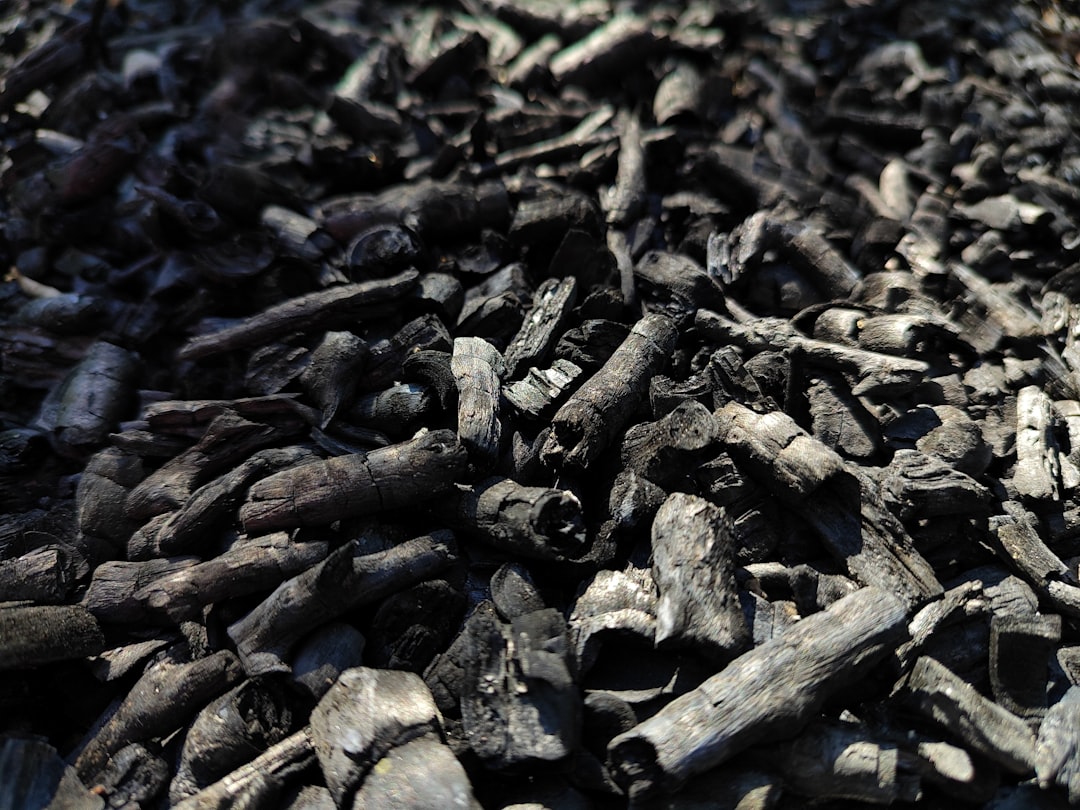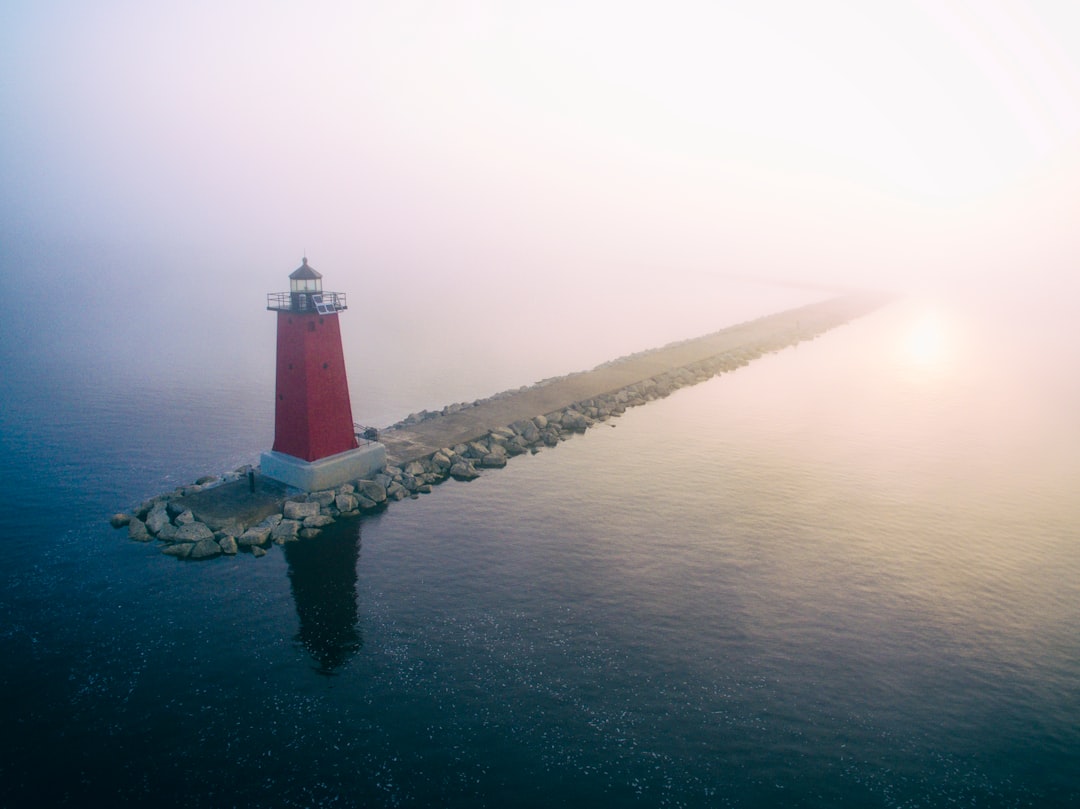What is it about?
The introduction of the Energy Efficiency Design Index (EEDI), which is applicable for various types of new-built ships after January 1, 2013 raised concerns regarding the sufficiency of propulsion power and steering devices to maintain maneuverability in adverse conditions. This was the motivation for the initiation of the EU research project SHOPERA (Energy Efficient Safe SHip OPERAtion, 2013-2016, http://www.shopera.org). The aim of this project is the development of suitable methods, tools and guidelines to effectively address the above concerns and to enable safe and green shipping. Within the framework of SHOPERA, a comprehensive experimental program of more than 1,300 different model tests for three ship hulls of different geometry and hydrodynamic characteristics has been conducted by four leading European maritime experimental research institutes: MARINTEK-Norway, CEHIPAR-Spain, Tech. Univ. Berlin-Germany and Flanders Hydraulics Research-Belgium. The tested hull types refer to two public domain designs, namely the KVLCC2 tanker and the DTC container ship, as well as to a small RoPax ferry design, which is a proprietary hull design of a member of the SHOPERA consortium. The conducted tests were distributed among the four research institutes to benefit from the unique possibilities of each facility and to gain added value by establishing data sets for the same hull model and test type at different under keel clearances (UKC). This paper presents the scope of the SHOPERA model test program for the two public domain hull models – the KVLCC2 and the DTC. The main particulars and loading conditions for the two vessels, as well as the experimental setup , is provided to support the interpretation of the experimental data that is presented. The focus lies on the added resistance and drift forces at zero and moderate forward speed, propulsion and rudder force tests in waves and the assessment of manoeuvrability of ships in waves, as compared to calm water conditions.
Featured Image
Why is it important?
The introduction of the Energy Efficiency Design Index (EEDI), which is applicable for various types of new-built ships after January 1, 2013 raised concerns regarding the sufficiency of propulsion power and steering devices to maintain maneuverability in adverse conditions. This was the motivation for the initiation of the EU research project SHOPERA (Energy Efficient Safe SHip OPERAtion, 2013-2016, http://www.shopera.org).
Perspectives
Good reference for numerical benchmark studies
Professor Apostolos Papanikolaou
National Technical University of Athens
Read the Original
This page is a summary of: Experimental Studies on Seakeeping and Maneuverability of Ships in Adverse Weather Conditions, Journal of Ship Research, September 2017, The Society of Naval Architects and Marine Engineers,
DOI: 10.5957/josr.170002.
You can read the full text:
Contributors
The following have contributed to this page










